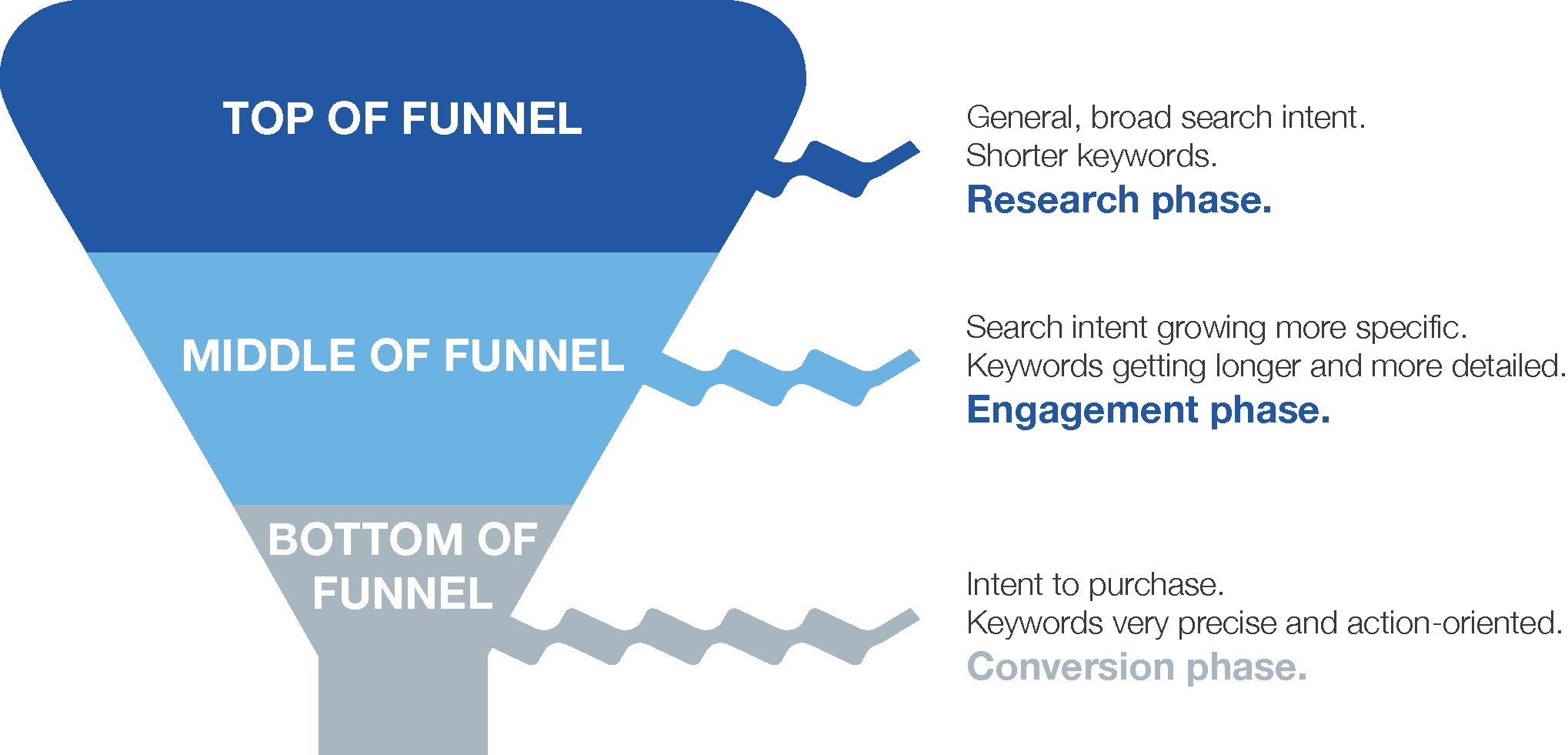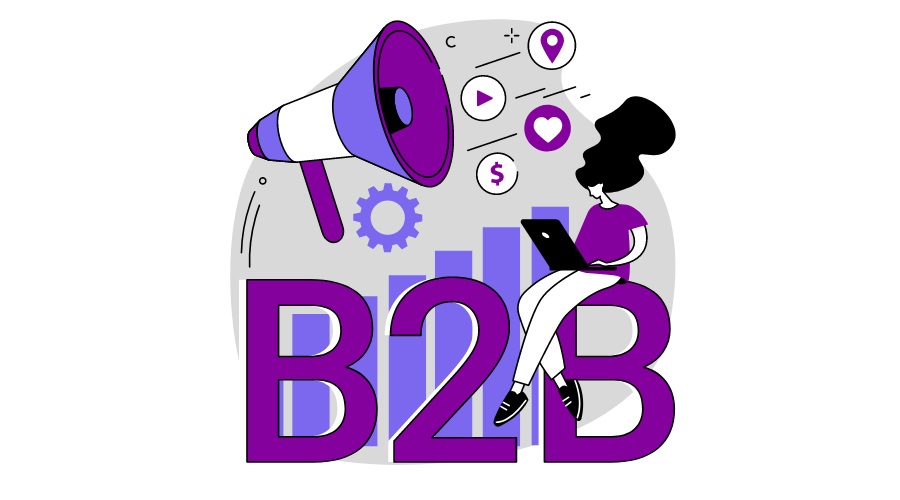I guess it’s fair to say we are a little late to the party with this one. After all, the ‘expectation v reality’ Instagram posts have been increasing in popularity as users gradually come to the realisation that social media is simply a carefully curated highlights reel.
It’s also led to some genuinely hilarious moments – especially when people attempt to recreate celebrities’ lives.
So, we are going to have a go at dispelling some of the common myths that surround SEO. After all, it’s no use having completely unrealistic expectations when it comes to search engine optimisation – especially because much of SEO has to do with hard work and patience.
We’ve gone into quite a bit of detail already on this blog about what exactly SEO entails. So if you need some more clarification in that regard, have a read of our 140 character SEO dictionary where we have done our best to define some of the key terms and concepts that often get thrown around the place – all in less than 140 characters each.
So without further ado, let’s dive into today’s topic of conversation, SEO expectations v reality. Don’t worry though, it’s not all bad news.
SEO RESULTS HAPPEN QUICKLY
SEO Reality: This is a common SEO belief, but it’s just not true, and probably one of the reasons that people find themselves quickly disheartened with SEO in general.
You see, unlike with Paid campaigns such as Google Ads, SEO improvements take longer to be visible. This is simply because you cannot just “pay” Google to pin your website to the top of the SERPs (search engine results ranking pages). I mean, don’t get me wrong – it would make our jobs easier if we could.
Alas, Google likes making SEO efforts more complicated. Basically, when Google is computing its algorithm to work out where your website should be placed, it takes into account a lot of factors – including metrics such as quality and authority.
These kinds of metrics cannot be improved upon instantly, and therefore, neither can your rankings. It takes time and effort to establish your site as authoritative – especially because a lot of that has to do with backlinks. People need to reference you, you need to post as a guest on other blogs – and all of that takes time and effort to organise.
Likewise, Google checks how helpful other users have found your content in the past. If you’re just starting out, you cannot very well fill an entire website with content overnight. Sorry, correction. You could do that, but it would most definitely not be high quality, useful or original stuff.
It’s fair to say that when you first get started with an SEO agency, they might do a technical audit. This bit might feel like a bit of a quick fix, as ensuring there are no technical errors makes for a better user experience and allows Google to crawl and index the site properly. But, these technical fixes alone will not immediately translate into an increase in rankings. They are, however, a necessary and important place to begin.
In fact, why not have a read about the 5 things you learnt in kindergarten that can help you improve SEO techniques.
SEO RULES ARE MADE TO BE BROKEN
SEO Reality: Maybe once upon a time this was how the ‘bad guys’ of SEO were able to win, but not anymore. This is also something we’ve touched on in other blogs, and I’ll definitely reiterate it here. You just cannot trick Google anymore. Just a reminder as well, these are the kind of black hat practices you most definitely should not be engaging in anymore:
- Doorway pages
- Hidden text or links
- Link farms or networks
- Keyword stuffing
- Creating duplicate content
- PBNs (Private Blog networks) to generate backlinks.
Once upon a time, these SEO practices were considered standard. Those days are gone, however, and all Google will do is punish you by manually lowering your rankings, as has happened to a number of renowned brands over the years.
These days – the rules are easy to follow, however. Anything you do when optimising for search engines should be about improving user experience as well as that of the bots.
Simple, right?
THE MORE CLICKS, THE MORE SALES
SEO Reality: We wish it could be that simple, but unfortunately it just is not. Even when you start ranking well on Google, and you’ve worked out how to generate traffic, that’s not to say that every single click you get is going to translate into a sale as well.
This is a key learning you have probably already come across from your own experiences with Google Ads. No matter how high up in Google rankings you appear, you still need to have a really good site and product offering for users when they get there.
This is also why it is important your meta descriptions accurately tell users what they are going to find when they land on your page, otherwise they are likely to be sorely disappointed. It goes without saying that links need to be directing users to the correct landing page, the page load speed needs to be relatively quick and the website’s security status needs to be certified.
Social media is only one place where there is a big divide between expectations and reality.
SEO ONLY NEEDS TO BE DEALT WITH ONCE
SEO Reality: This is a good one. But no, while you might only need to undertake a thorough technical site audit as a one-off, if you think this, you’re not getting the whole point of SEO in the first place. It’s an ongoing element of your digital marketing strategy that should inform every action you take online and on your website.
For example, once the site is set up well and can be easily crawled by Google, each and every time you publish a piece of content you need to think about SEO best practices like optimised meta-descriptions and title tags, well-placed keywords and optimal links. If you just go back to publishing sub-par, non-optimised content, you’re going to watch yourself going backwards.
Furthermore, SEO is a technical field which is constantly changing. A lot of the time, it’s changing in response to Google’s algorithm. So, what does this mean for you?
Well, basically, you need to keep up! When new best practices emerge, or Google introduces different software updates, you have to react. It’s all about keeping your head in the game, and your site one step ahead of the game.
SEO IS ONLY ABOUT YOUR OWN WEBSITE
SEO Reality: While a lot of what we have discussed has been largely focused on what you need to do on your own website – that is unfortunately not the be-all and end-all. In fact, as I mentioned above, one metric Google uses when determining rankings is the domain authority, and one element involved in calculating a site’s authority is how many backlinks lead to the site.
There are two ways of getting backlinks (actually, there are a lot but refer to my previous point about black hat tactics and SEO rule breaking). The first is by publishing high-quality content that other people will find and naturally link to. The second, however, is all about offering to guest-post on other blogs, and include a link in such posts back to your own site. Even though the second option is pretty time-consuming and gruelling, it’s pretty necessary when you are starting out.
Likewise, for businesses that have both an online and physical presence, it’s important that you’re listed in the relevant directories. I’m by no means suggesting you scatter your links all over the Internet in so-called link farms and networks, but there are always a couple of directories which are relevant – particularly for local SEO.
ROI IS EASY TO MEASURE AND RETURNS BOTH LARGE AND FAST
SEO Reality: We already touched on a couple of reasons that SEO results are generally not seen immediately, and, as you can imagine, there are some quite similar explanations here. Firstly, it’s worth remembering that SEO is a zero-sum game. This means that one site’s rise in rankings can only come at another’s loss.
Basically – you can’t share Google rankings. If your site is going to rise in the rankings, you’ve got to knock somebody else out of the way.
Ouch. No wonder it is such a cutthroat world out there on the web.
That was a roundabout way of saying it, but what all of this means is that sometimes with SEO you have to fight just to maintain your rankings in the first place – meaning a direct ROI is simply very, very tricky to measure.
As we’ve explained throughout this article, SEO is also ongoing. It forms a part of the broader marketing strategy that becomes intrinsic to all digital activities.Therefore, it’s difficult to separate SEO from everything else. Rather, it pays to think about SEO as a long-term investment in the sustainability of your business and its online presence well into the future.
Well, there you have it. I hope we haven’t rocked you too much to the core, nor completely dissuaded you from working on your SEO strategy today. When done well, SEO can really boost your website’s rankings and improve organic search traffic – as long as you’re prepared to strap in for the long-haul.



